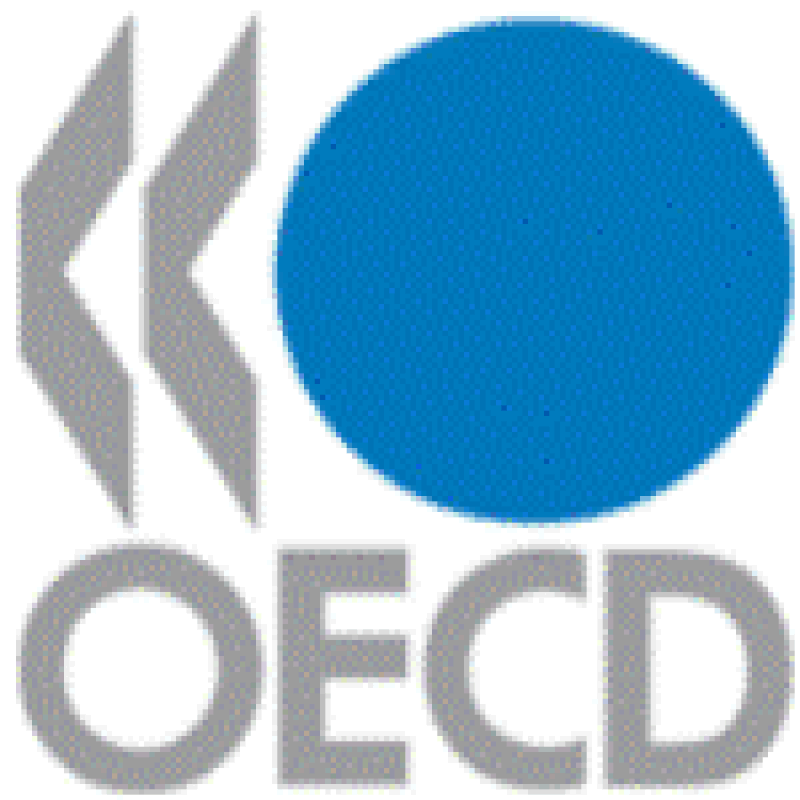
In a TPWeek poll, 68% of readers said they want the OECD to look at guarantee fees and credit ratings in its next transfer pricing project.
A further 29% think dispute resolution should follow the transfer pricing aspects of intangibles project, which is being carried out by Working Party No 6 (WP6).
Just 3% thought the OECD should look beyond these issues for its next transfer pricing project.
Andrus said both guarantee fees and dispute resolution were both very important and the poll results demonstrate the demand for guidance.
“Unfortunately, the items currently on the plate of WP6 are likely to take some time to work through so there is no specific date by which the guarantee issue will be addressed,” said Andrus.
“We continue to consider what the specific steps may be that should be taken with regard to improving dispute resolution processes,” he added.
In an interview in International Tax Review magazine in April, Marlies de Ruiter, head of the tax treaties, transfer pricing and financial transactions division, spoke enthusiastically about wider dispute resolution work which the OECD will begin soon.
"I have been very involved with the earlier dispute resolution project and I have always been very proud of the work put out by the OECD. There are still some very important policy and implementation issues out there and that's why I am very happy there is going to be a follow up dispute resolution project where I will be involved. I am also very in favour of the work on simplification,” said de Ruiter.
"A lot of dispute cases are based on transfer pricing but the new project would look at the broader issue of dispute resolution in tax. One big question is implementation of guidance and arbitration in treaties and in the day to day work of competent authorities. This topic was the main subject of an OECD roundtable in January,” she said. “The roundtable showed that competent authorities, business and non-OECD countries also think it is an important issue so there is a broad support. The follow up of this roundtable will be that the OECD is going to organise a global forum on dispute resolution."
Considering the OECD was also voted the Leading Force in Global Transfer Pricing by almost 700 TPWeek readers, the expectation for more guidance in these areas will be high.
The most recent TPWeek poll is asking readers which of the BRICS countries (Brazil, Russia, India, China and South Africa) has the most developed transfer pricing regime. Vote on the TPWeek homepage.









